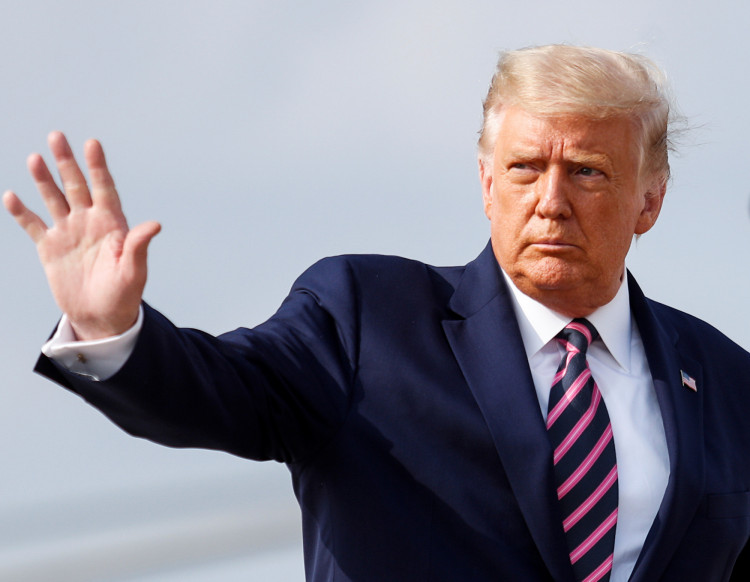Rep. Claudia Tenney, R-N.Y., has put forward former President Donald Trump for the prestigious Nobel Peace Prize. This nomination is grounded in Trump's pivotal role in orchestrating the Abraham Accords, a series of agreements that marked a significant shift in Middle Eastern diplomacy by normalizing relations between Israel and four of its Arab neighbors.
Rep. Tenney's nomination underscores a broader debate about the criteria and implications of such accolades in the realm of international relations. "Donald Trump was instrumental in facilitating the first new peace agreements in the Middle East in almost 30 years," Tenney articulated, challenging the longstanding diplomatic assumption that Middle Eastern peace was contingent upon resolving the Israeli-Palestinian conflict.
The Abraham Accords, signed during Trump's tenure, stand as a testament to a different approach to peace in the region, one that diverges from the traditional pathways that have long dominated U.S. foreign policy in the Middle East. The agreements, which commenced with the United Arab Emirates and Bahrain and later included Morocco and Sudan, represent a departure from the diplomatic stalemate that has characterized the region for decades.
This is not the first time Trump's name has been floated for the Nobel Peace Prize. His nominations in the past have stemmed from various quarters, including members of the Norwegian Parliament and Australian lawmakers, all citing his efforts to dial back America's involvement in "endless wars" and foster dialogue and negotiations among conflicting parties.
Rep. Tenney's nomination of Trump, especially in the wake of recent hostilities involving Iranian proxies, signals a broader GOP strategy to highlight the former president's foreign policy achievements. The nomination also serves as a counter-narrative to the current administration's approach, which Tenney and others in her party have critiqued as lacking the assertiveness that characterized Trump's international dealings.
The Nobel Committee's decision-making process is notoriously opaque, and the criteria for the Peace Prize have evolved to encompass a broad range of contributions to global peace and stability. Previous laureates have included statesmen, activists, organizations, and even presidents, each recognized for their unique contributions to the cessation of conflict, promotion of peace, and the building of diplomatic bridges.
As the October announcement of the Nobel Peace Prize laureates approaches, the nomination of figures like Trump is likely to spark debates about the role of individual leaders in shaping global peace processes. Whether or not Trump's efforts in the Middle East will be deemed Nobel-worthy remains to be seen, but the nomination itself is a significant acknowledgment of a distinctive approach to one of the world's most intractable geopolitical challenges.
The broader implications of such nominations extend beyond the individuals themselves, prompting reflections on the evolving nature of peace, diplomacy, and international relations in the 21st century. As the world grapples with new and enduring conflicts, the criteria for recognizing contributions to peace may well continue to adapt to a changing global landscape.






